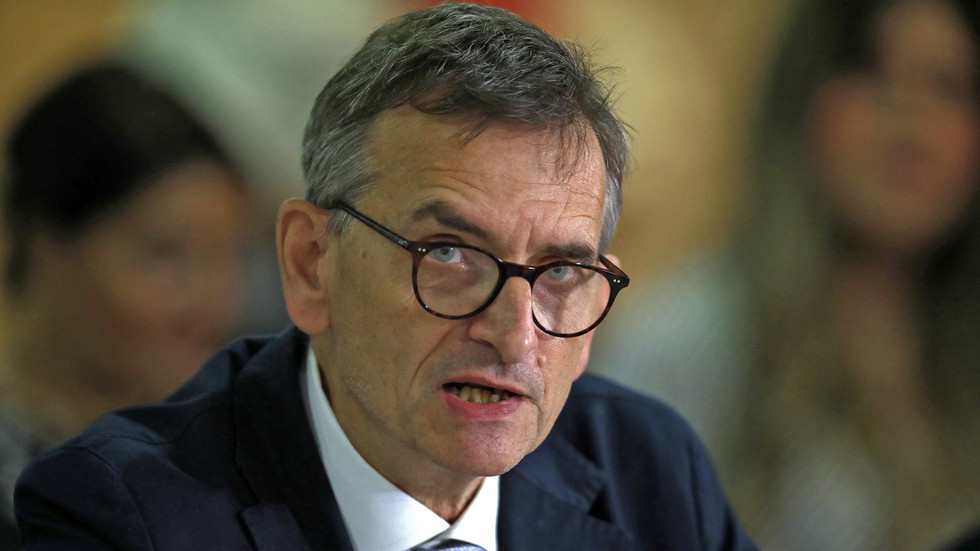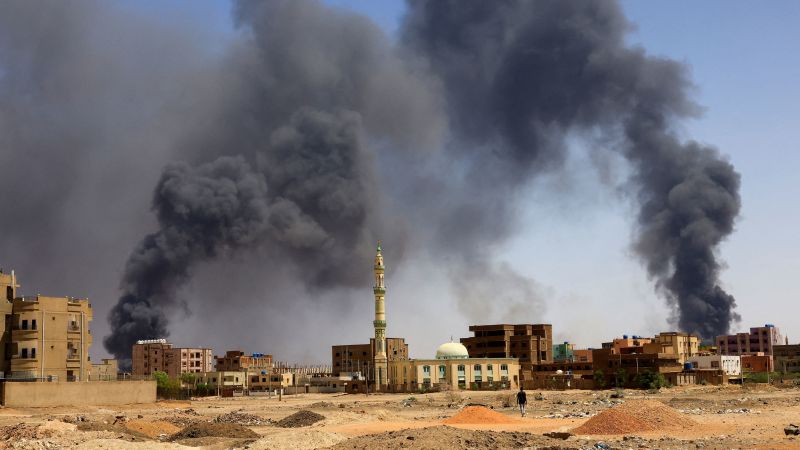The Spin
Pro-establishment narrative
Since the eruption of violence in Sudan, US Secretary of State Antony Blinken has worked hard to stamp out violence, bring a peaceful solution, and provide safe passage for humanitarian aid. The US is doing its part in enabling diplomatic resolution and committing itself to supporting refugees until a ceasefire or permanent agreement is reached.
Establishment-critical narrative
Though the West has joined hands to raise funds for humanitarian aid, it's undeniable that Washington has significant responsibility for the fighting in Sudan. The US failed to rein in the country's top generals when mounting tensions between forces led by al-Burhan and Dagalo indicated that a prolonged conflict was likely to erupt. Facilitating the funds is the least US leaders can do for the region, given this negligence.
Cynical narrative
Each warring side in Sudan is still battling for supremacy, which indicates they're in no way serious about ceasefires or peace talks. If the two continue to see each other as an existential threat, finding the middle ground necessary to stop the fighting will be impossible. Even if you raise $100B, preventing the East African nation from being destroyed will be difficult.
Metaculus Prediction
There's a 50% chance at least 3.95K people will die in the Sudan conflict in 2023, according to the Metaculus prediction community.


